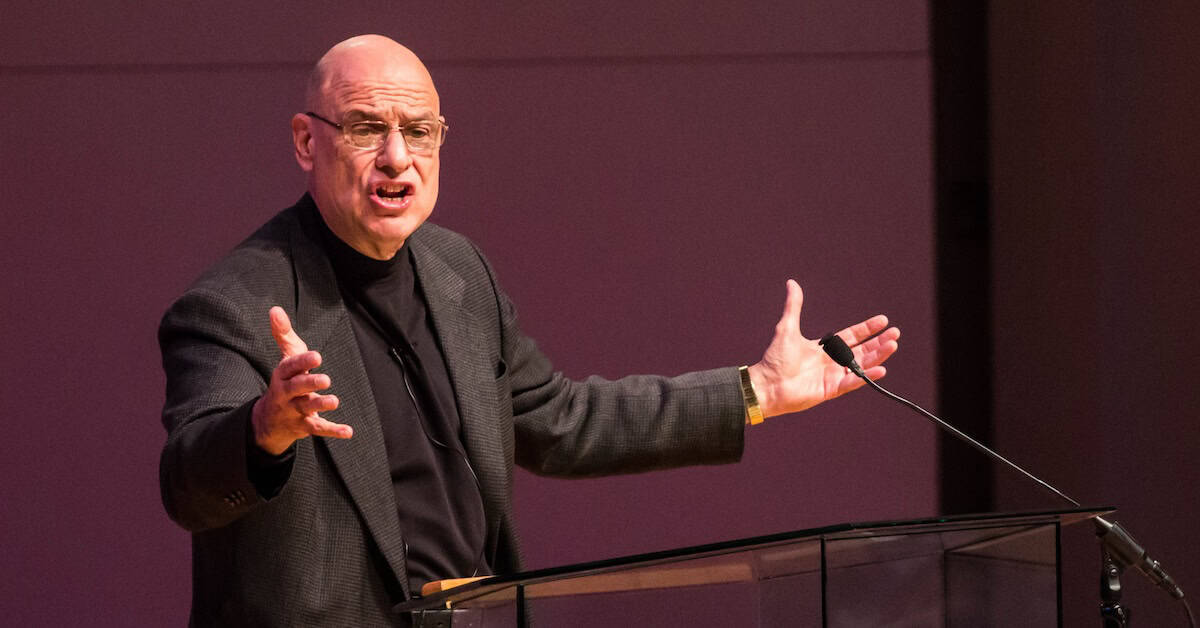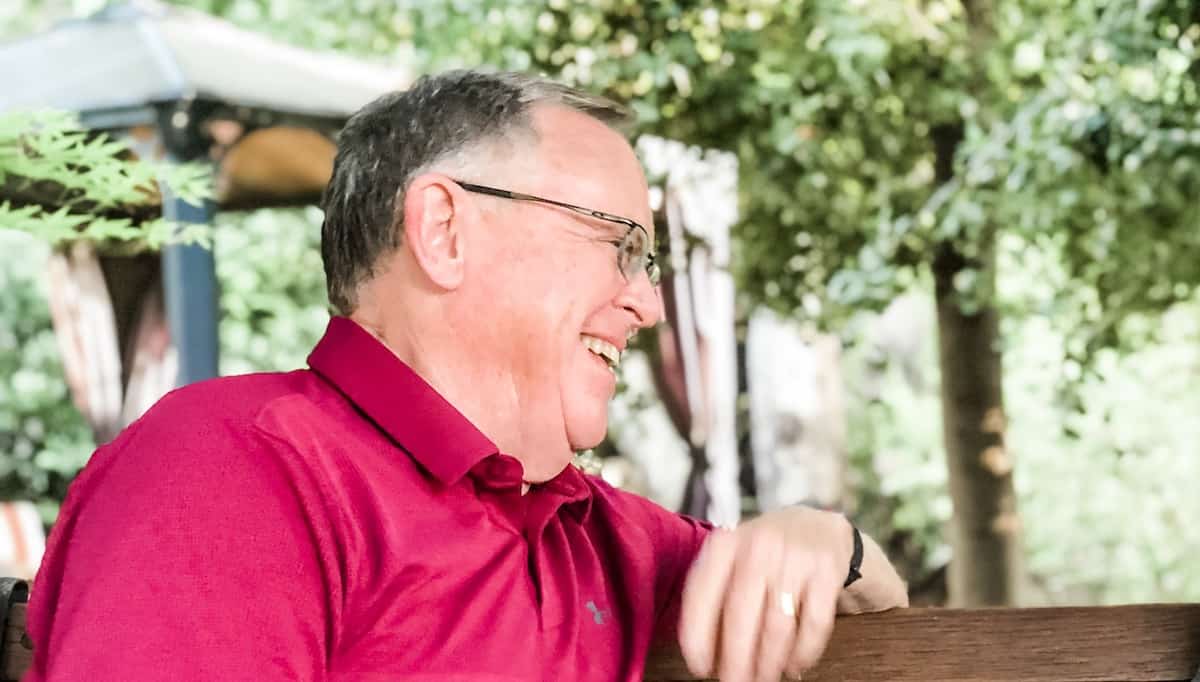I Will Miss You, Tony
Tony Campolo passed away last week, and though I’m a bit late, I want to acknowledge his powerful contribution to Christian thought around the world and to my own life personally.
I never had the chance to meet him or hear him speak in person, but decades ago, his books and recordings challenged and inspired me. If you’ve never heard It’s Friday But Sunday’s Coming (the whole thing is sermon is powerful, but the story I’m referring to begins at 50:20) or The Kingdom of God Is a Party, don’t wait any longer. Any of his books are a great treat as well.
As you’ll see, Tony Campolo was among the most humorous speakers ever. Inside that humor was a constant challenge to be mindful of the poor and to realize that our calling as followers of Jesus is to lay down our lives for the needs of others. Many evangelicals didn’t like him, calling him a “liberal” as a way to dismiss his message. Indeed, I didn’t agree with everything he taught, but that’s true of most people. I have no problem enjoying the chicken and spitting out the bones. He coined the term, Red Letter Christians, to help Jesus followers take seriously the words of Jesus in the Gospels about visiting the sick, feeding the hungry, and reaching out to those in prison.
Since we’ve been talking about the focus of justice and righteousness on The God Journey before we had to take a hiatus, I’m freshly aware of the link between the Kingdom of God with God’s kind of redemptive justice for the broken, the marginalized, and the wounded and how skewed our preoccupation with personal holiness rather than the injustice in a fallen world.
I know no better illustration of that than how Tony Campolo addressed many chapels at Christian universities. He would often begin his talk with a statistic about how many children died the night before from malnutrition and related diseases around the world, numbering in the thousands. Letting it sink in, he would then add, “And most of you don’t give a sh*t.”
Of course, the room would be scandalized at such a coarse word in their imagined holy place.
When the room settled, he would point to the heart of the problem. “What’s worse is that you’re more upset with the fact that I said ‘sh*t’ than the fact that thousands of kids died last night.”
He wasn’t always invited back. In my more legalistic days, I would have been more concerned about his use of a bad word than I would have been about a hunger problem that seems too large for me to fix. That wouldn’t be true today. Justice is holding a bigger heart for the poor and deprived. Policing the word ‘sh*t’ is just a misplaced, legalistic preoccupation with righteousness.
Of course, we can care about injustice at the same time we watch our mouths, but Tony was making a point here. I hope you don’t miss the larger issue as well. People concerned with their piety are often disengaged from how their lives impact others. That’s why they can profess Jesus while viciously fighting a culture war with a moral superiority that leaves no room to love their “enemies.” It’s why some can think of themselves as holy; they don’t use “bad words,” but they still gossip about others to destroy relationships.
That’s why I’ve come to see, “Seek first the kingdom of God and his justice…” (Matthew 6:33) as a better translation than the word righteousness. We can seek righteousness and not always get to justice, but you can’t seek relational justice and not become more godly. Treating others the way we would want them to treat us is where the kingdom of God advances in the world. Of course, they are not unrelated, but one fixates on our good, and the other focuses on the fulfillment of God’s heart by being a beacon of his compassion in a broken world.
Tony, we will miss you here, and yet the joy I’m sure you’re finding there is beyond compare. Rest in peace, my friend. You served him well in this world.
______________________
As for a personal update, my back continues to heal from fusion surgery, and though I still have to be careful while it heals, I’m almost pain-free there. I’ve been on a lower dose of chemo the last two weeks, so I have some really good days of late, but next week, they are going to be ramping up the dosage, and I’m not sure how I’ll be doing then.
Sara joins me on today’s episode of The God Journey podcast to share how our current challenge has also affected her journey. It’s called Expectations, Disappointment, and Hope.





